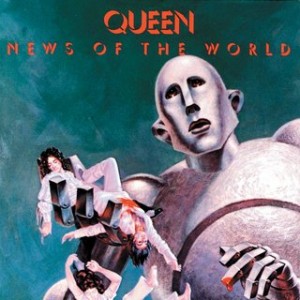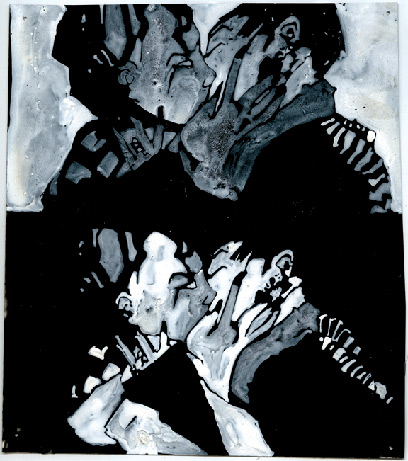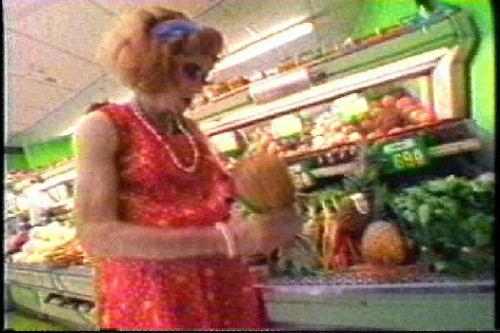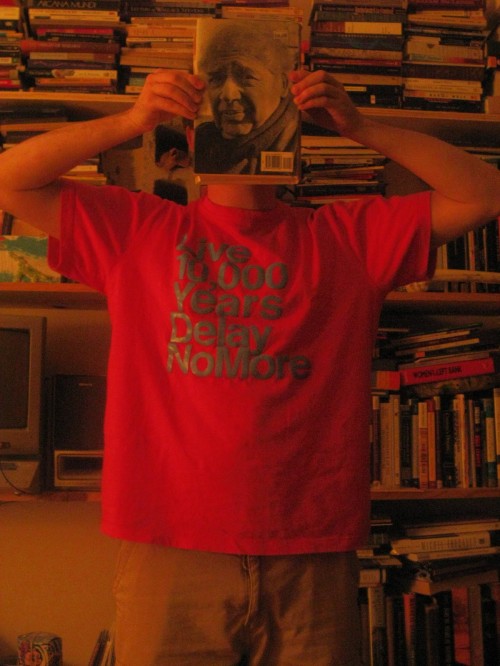Justin Taylor
Justin Taylor is the author of the story collection Everything Here Is the Best Thing Ever, and the novel The Gospel of Anarchy. He is the editor of The Apocalypse Reader, Come Back Donald Barthelme, and co-editor (with Eva Talmadge) of The Word Made Flesh: Literary Tattoos from Bookworms Worldwide. With Jeremy Schmall he makes The Agriculture Reader, a limited-edition arts annual. He lives in Brooklyn.






 Norman Podhoretz’s new book, Why Are Jews Liberals? is organized around a non-thesis so idiotic it’s not worth discussing, but the NYT got Leon Wieseltier to do it anyway. It’s actually a pretty good piece of writing, considering the topic is a book that in a half-sane world wouldn’t exist in the first place.
Norman Podhoretz’s new book, Why Are Jews Liberals? is organized around a non-thesis so idiotic it’s not worth discussing, but the NYT got Leon Wieseltier to do it anyway. It’s actually a pretty good piece of writing, considering the topic is a book that in a half-sane world wouldn’t exist in the first place.


 After
After